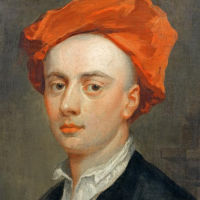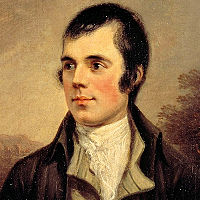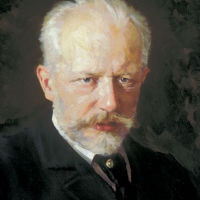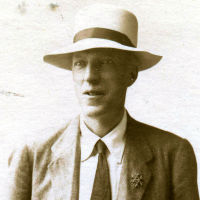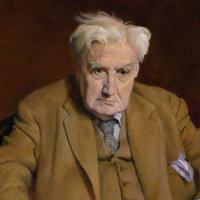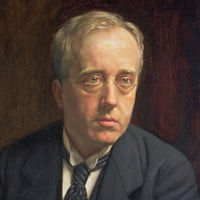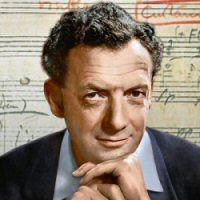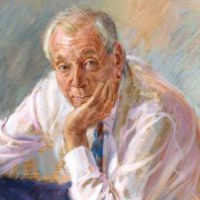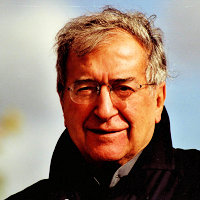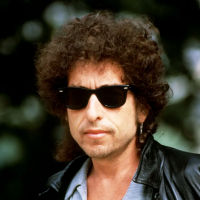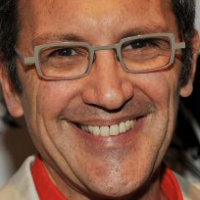| Handout (flat) Handout (folded) Class Script | Return to Index |
| Images shown in class Artists, composers, writers |
Videos
The videos below are as close as possible to those played in class. However, most do not have the titles added by me, and I have made a few close substitutions for videos that are not now available; these items are *asterisked.*
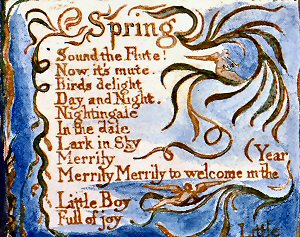 |
Sumer is icumen in Medieval round (13th century or earlier) Sung by the Hilliard Ensemble; opening video of the class |
|||
| Echad Mi Yodea Passover counting song Rabbi Ruth Gan Kagan and family |
 |
|||
 |
Echad Mi Yodea Dance by Ohad Naharin Performed by Bathsheva Young Ensemble |
|||
| Green Grow the Rushes, O Traditional counting sond King Solomon's Singers, Chicago (audio only) |
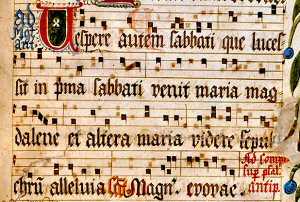 |
|||
 |
Green grow the rashes O Song by Robert Burns, 1784 Performed by The Band of Burns |
|||
| The Water is Wide (O waly, waly) Traditional, arranged by Benjamin Britten Sung by Kathleen Ferrier |
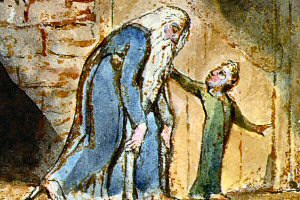 |
|||
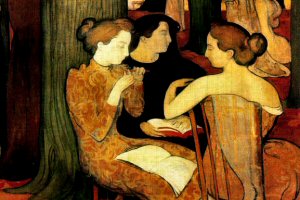 |
Barbara Allen Traditional, British version Sung by Andreas Scholl |
|||
| Barbara Allen Traditional, Appalachian version Sung by Jean Ritchie (audio only) |
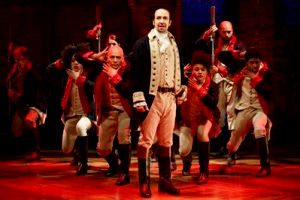 |
|||
 |
Boney was a warrior Traditional sea shanty, early 19th century Sung by Paul Clayton |
|||
| Three Shanties for Wind Quintet Malcolm Arnold (1943) *Movements 2 and 3; members of the San Diego Symphony |
 |
|||
 |
Johnny come down to Hilo Traditional sea shanty Sung by the Fisherman's Friends See also my blog on Shallow Brown, a song whose origin is similarly ambiguous* |
|||
| Long John Traditional work song Sung by a Texas chain gang, 1934 |
 |
|||
 |
The Gospel Train Traditional spiritual, arranged for chorus Sung by US Navy Sea Chanters |
|||
| Roll, Jordan, roll Traditional spiritual From the movie 12 Years a Slave |
 |
|||
 |
Blowin' in the wind Song by Bob Dylan (1962) |
|||
| The Beggar's Opera, 1728 Ballad opera by John Gay (1728); Film by Peter Brook, 1953 Click for love scene (Laurence Olivier and Dorothy Tutin) |
 |
|||
 |
Folk Songs from Somerset Ralph Vaughan Williams (1923) Orchestra of St. Martins in the Fields, conducted by Neville Marriner |
|||
| Eugene Onegin Opera by Tchaikowsky (1879); chorus from Act I *Film by Petr Weigl, 1988 |
 |
|||
 |
Jenufa Opera by Janacek (1904); chorus from Act I Liceu, Barcelona: Par Lindskog Stárek (Steva) [not the version shown in class] |
|||
| Mańanita de San Juan From Ayre by Osaldo Golijov (2004) Sung by Ilana Davidson |
 |
|||
 |
Azerbaijani Love Song From Folk Songs by Luciano Berio (1964) Cathy Berberian, with the composer |
|||
Images
| The thumbnails below cover the slides shown in class. Click the
thumbnail to see a larger image. Click on the right or left of the larger picture to go forward or back, or outside it to close. |
|||||
 |
 |
 |
|||
 |  |  | |||
 |  |  | |||
 |  |  | |||
 |  |  | |||
 |  |  | |||
 |  |  | |||
 |  |  | |||
 |  |  | |||

